In 2023, Africa’s biotech ecosystem was shaken when 54gene, one of the continent’s most prominent biotech startups, shut down. The company had once been celebrated as a symbol of Africa’s potential in genomics and health innovation, but its collapse became a cautionary tale of scaling too fast without building sustainable structures.
For many, it was the end of a bold chapter in African biotech. For Ogochukwu Francis Osifo, co-founder and former VP of Engineering at 54gene, it was the beginning of something new.
Out of the chaos of winding down operations, one persistent problem stood out to him: device management. At 54gene, laptops, tablets, and other assets flowed in and out as the team scaled rapidly. But as the company grew, keeping track of these devices, from onboarding new hires to retrieving equipment during exits, became a logistical nightmare.
Instead of letting that pain point fade into the past, Ogochukwu turned it into an opportunity. That’s how Rayda was born.
Building Rayda: Turning Pain into Product
Rayda is a device lifecycle management platform that gives organizations radar-like visibility into their fixed assets. From the moment a company acquires a laptop, Rayda tracks it through onboarding, daily usage, maintenance, and eventually offboarding or disposal.
In an era where hybrid and remote work have become the norm, losing sight of company-owned devices is more than just an inconvenience, it’s a financial risk and a security threat. Rayda solves this by helping businesses see, control, and maximize the value of their assets.
And the vision is already proving global: today, Rayda operates in 170+ countries, supporting organizations that want to bring order and efficiency to IT logistics.
By offering end-to-end visibility, Rayda is shaping the way companies think about IT logistics, not as a back-office function, but as a strategic part of business efficiency.
Looking Ahead
Rayda’s journey is just beginning, but the foundation is strong. With support from investors, partners, and early customers, the startup is positioning itself as a global leader in device lifecycle management.
What started as the fallout of a biotech shutdown has evolved into a platform redefining how businesses manage assets worldwide. Rayda proves that even in failure, there are seeds of innovation waiting to grow.
Startups
 Martha Odutola6 months Ago1 Mins read131
Martha Odutola6 months Ago1 Mins read131
Rayda: Giving Companies Radar-Like Visibility Over Their Devices
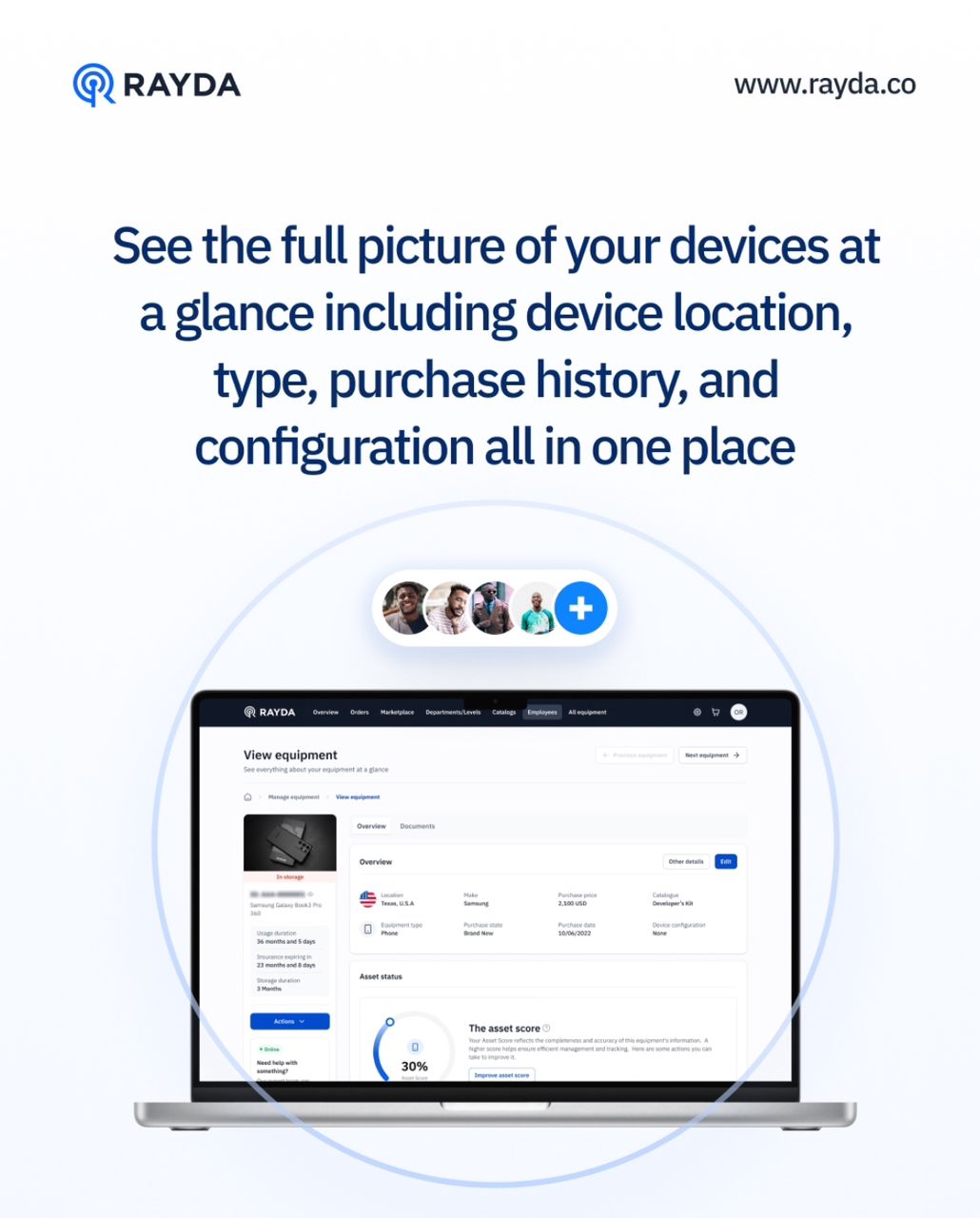
Share
Recent Posts
- Paga Partners With PayPal to Enable Account Linking for Nigerians
- Andela Strengthens AI Engineer Assessments Through Woven Acquisition
- Top Mistakes Startups Make in the First Year
- NITDA, U.S. deepen partnership to advance data privacy, AI, and cybersecurity initiatives
- How to Successfully Pitch Your SaaS Idea
Recent Comments
No comments to show.
Related Articles
Startups
Top Mistakes Startups Make in the First Year
Written by Peace Sandy The first year is often the toughest for most...
ByPeace Sandy3 weeks Ago
Startups
How to Successfully Pitch Your SaaS Idea
Written by Peace Sandy Great SaaS ideas are everywhere, but only a few...
ByPeace Sandy4 weeks Ago
Startups
How to Launch a Business Without Any Money in 2026
Written by Peace Sandy As the new year begins, many people are eager...
ByPeace Sandy1 month Ago
Startups
How Founders Can Thoughtfully Allocate Startup Equity
Written by Peace Sandy Having a co-founder can significantly strengthen a startup. Working...
ByPeace Sandy2 months Ago

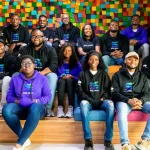
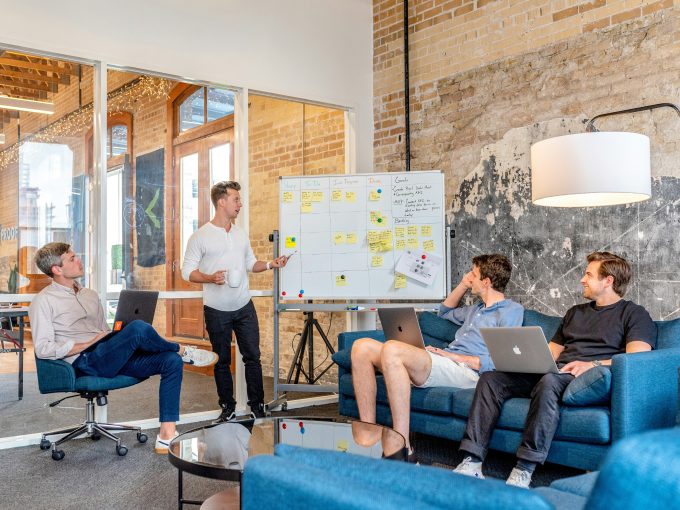
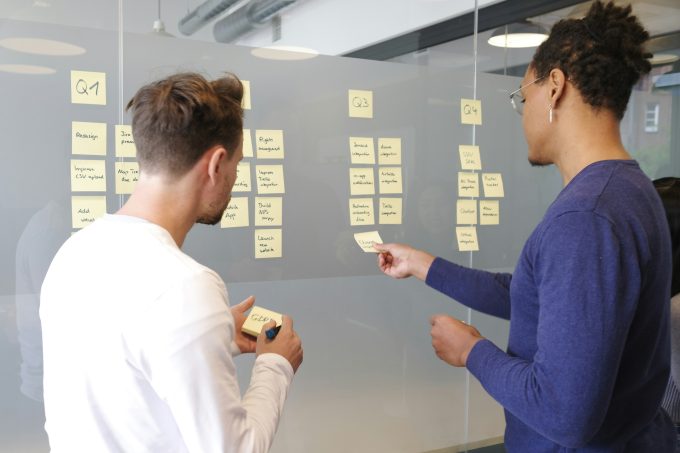

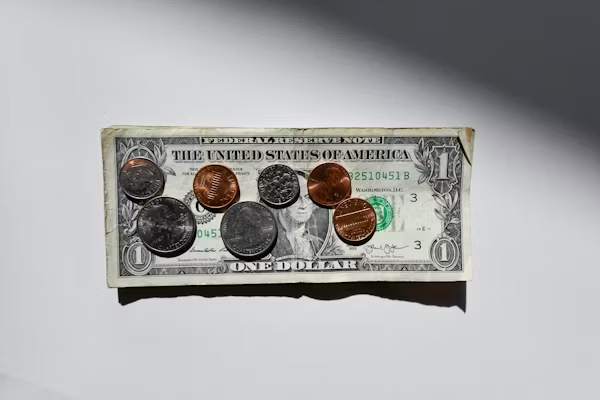
Leave a comment